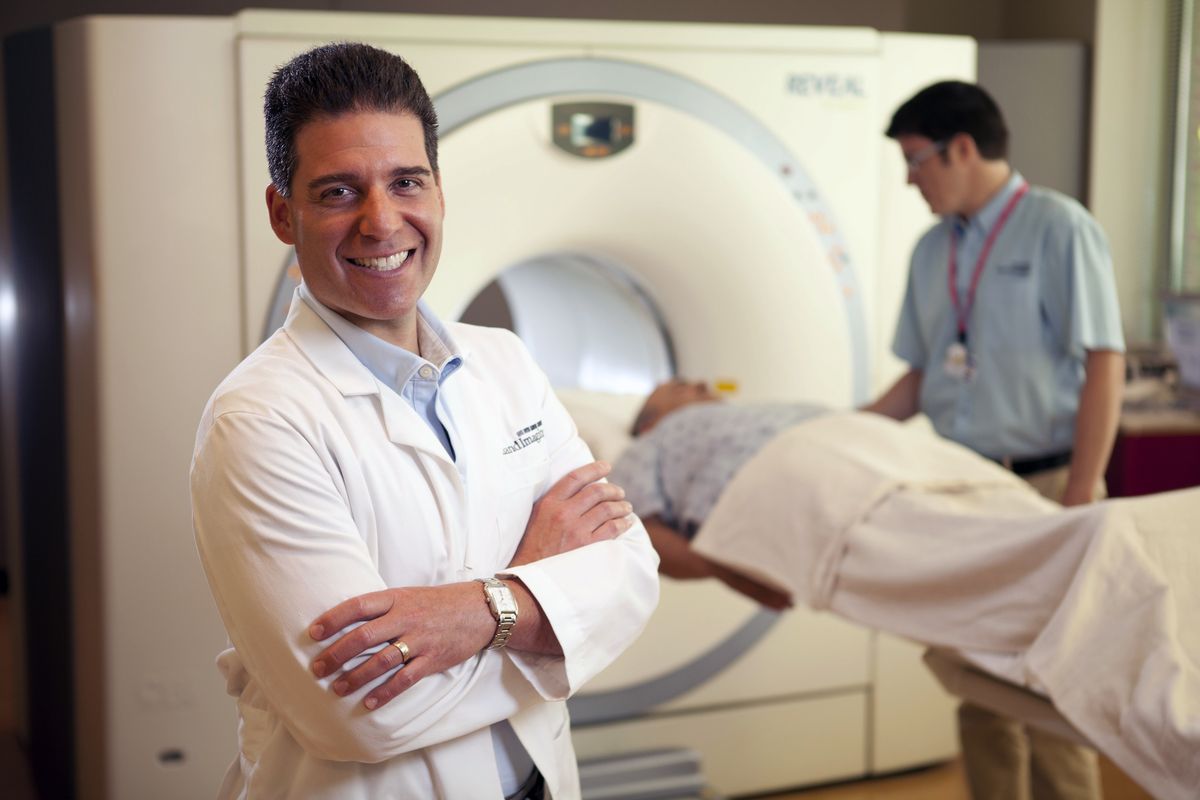Inland Imaging’s new screening exam helps detect heart disease
CardiacCT study tool can indicate heart attack risk

More Americans die of heart disease than all types of cancer combined.
More than 58 million Americans have one or more forms of cardiovascular disease, making coronary artery disease the number one killer of men and women in the United States. Yet, screening exams that can assess and identify risk for cardiovascular disease are often overlooked and under-utilized.
In honor of American Heart Month, Inland Imaging is offering a screening exam that aids in the early detection of heart disease. During the entire month of February, individuals may receive a CT coronary calcium scoring exam for just $100—a savings of nearly $200 off the regular cost of the exam. Inland Imaging performs these exams at its Providence Holy Family Imaging Center in north Spokane.
A CT coronary calcium scoring exam is a 15-minute screening study, which measures the presence, location and extent of calcified plaque in the coronary arteries. It is a quick, non-invasive exam that assesses an individual’s risk for heart attack in the near term.
“Heart disease claims the lives of far too many people in this country. With more than 2 million heart attacks and strokes a year, just about all of us has been touched by someone with heart disease,” said Angela Steinbach, CT department manager at Inland Imaging. “We want to bring attention to this issue locally and make sure patients know there is a way to assess risk and identify any indications of heart disease early.”
Calcified plaque results when there is a build-up of fat and other substances under the inner layer of the artery. This material can calcify which signals the presence of Coronary Artery Disease (CAD), a disease of the vessel wall. People with this disease have an increased risk for heart attacks. Because calcium is a marker of CAD, the amount of calcium detected on a cardiac
CT scan is a helpful prognostic tool. Physicians use the calcium score results to evaluate their patient’s risk for future coronary artery disease.
“We are really looking to encourage prevention not just detection of heart disease,” said Kathleen Wilson Inland Imaging’s chief operations officer. “We want to help our community in planning for and managing their overall health and wellness.”